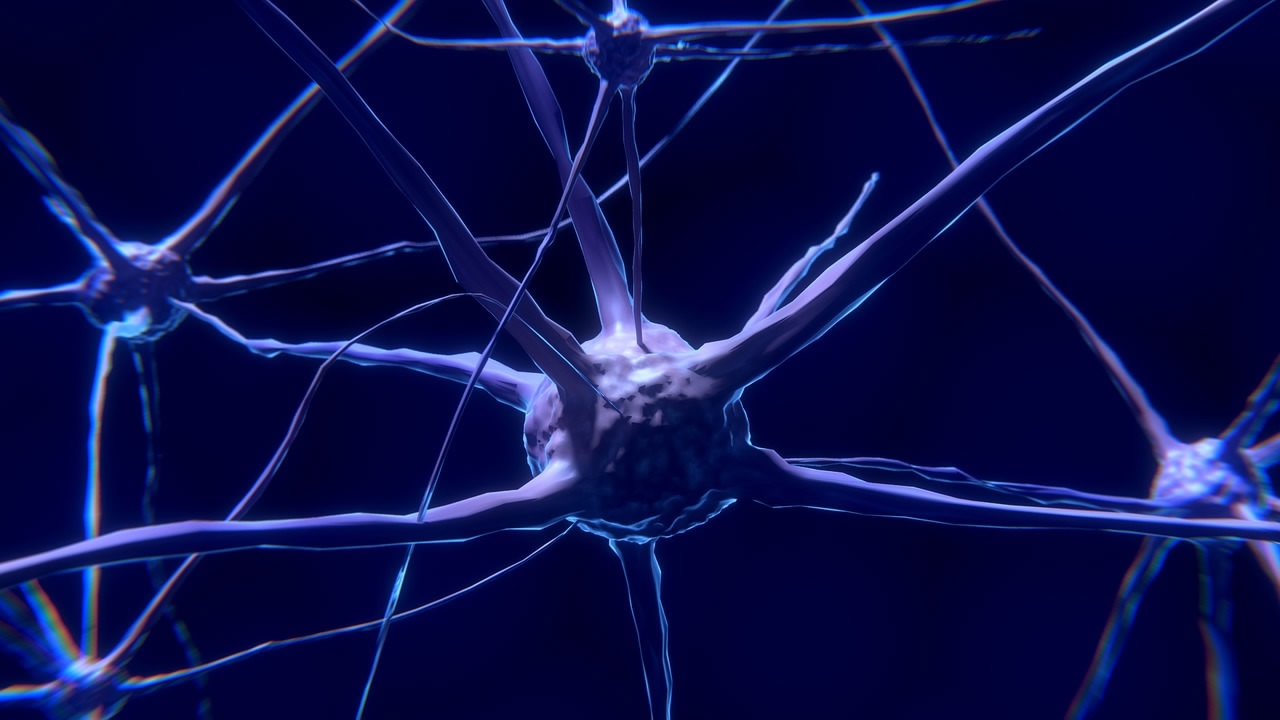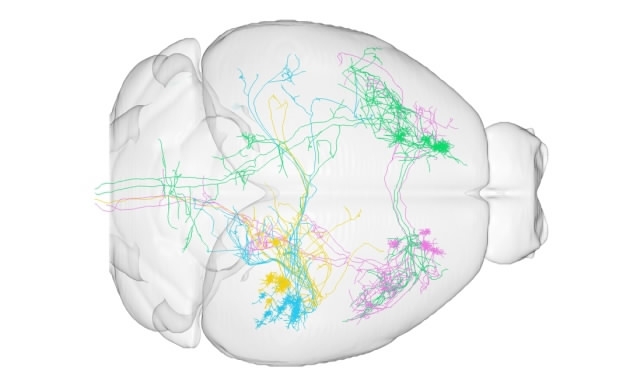
Tech & Sci
20:13, 18-Aug-2017
Chinese institution to conduct brain-imaging at factory scale
By intern Zhou Jingwen

Neuroscientists are working hard to map the neurons in brains, and the task is now expanding into an industrial scale. A huge facility in Suzhou, China will initiate brain-imaging works with high-speed machines next month.
There has been an increasing demand on mapping the neuron connections in brains to better understand their functions and treat neuron-based diseases like Alzheimer's. The institution, established by Huazhong University of Science and Technology (HUST), intends to speed up the process, formerly carried out by smaller labs, at a factory-like scale.

This reconstructed image shows how long-range neurons extend across a mouse brain. /Photo via Huazhong University of Science and Technology
This reconstructed image shows how long-range neurons extend across a mouse brain. /Photo via Huazhong University of Science and Technology
The facility is currently engaged in the mapping of mouse brains. The process involves slicing the mouse brains into pieces with automatic machines, then having each piece analyzed by a device, and combine them together to create a 3D map. The facility aims to eventually be able to conduct mapping work on human brains, though they are 1,500 times the volume of mouse brains.
It would take a single machine around 20 years to digitally reconstruct one human brain at the institute’s current rate. Qingming Luo, a researcher in biomedical imaging at HUST, aims to increase the speed of his machines and to use multiple parallel devices.
“This will have a major impact on building cell-resolution brain atlases in multiple species,” Josh Huang, a neuroscientist partnering with the Chinese institute told Nature.
1062km

SITEMAP
Copyright © 2018 CGTN. Beijing ICP prepared NO.16065310-3
Copyright © 2018 CGTN. Beijing ICP prepared NO.16065310-3